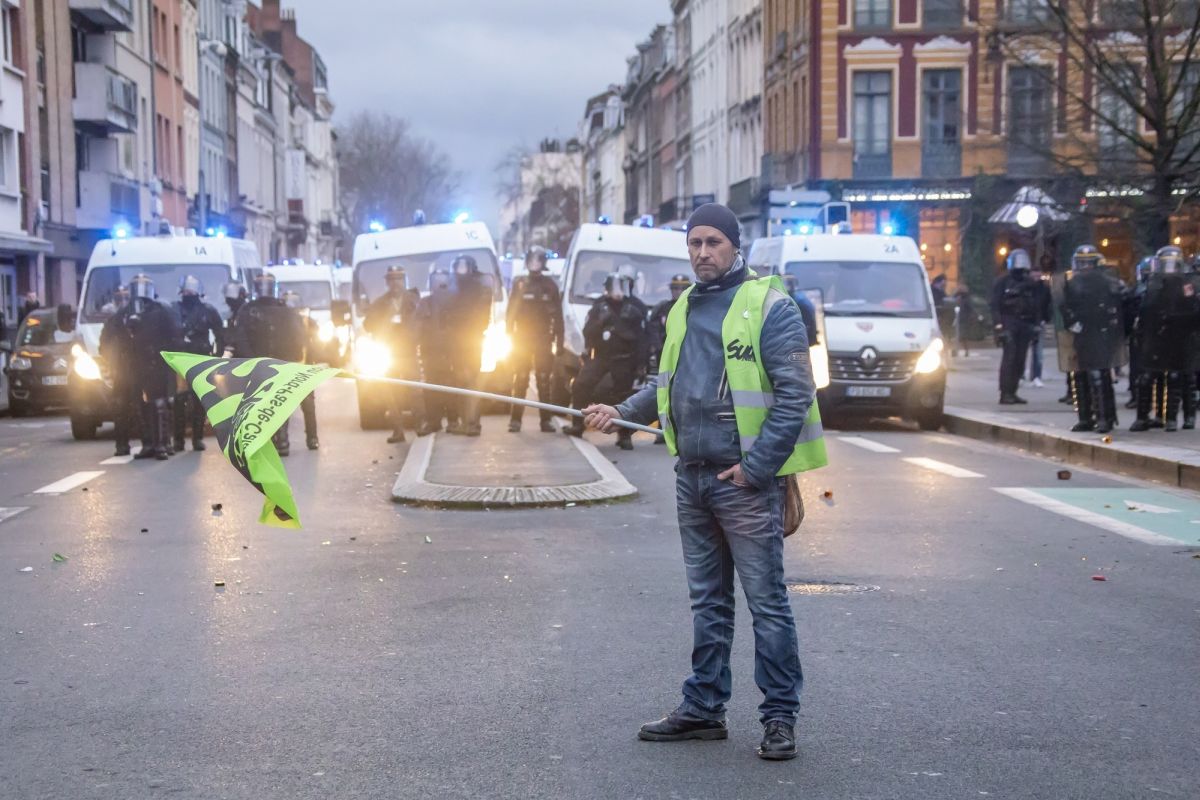The decision by French authorities to ban a protest in Paris against the shooting down of a 17-year-old boy by policemen is aimed at controlling the violence that has rocked parts of the country. But experts fear it may only fuel more anger. Protests are also planned in other parts of the country, and so far there is no suggestion these would be banned.
But it is clear the authorities are keen to ensure things do not spiral out of control in the capital. It is not certain that protestors will accept the ban order, but it is certain that they will be out on the streets in cities such as Marseille and Strasbourg to protest the killing of a 17-year-old by a policeman. French riots have followed a similar pattern ever since the first ones reported in 1981; a person is killed or seriously hurt by police action, and surrounding neighbourhoods, usually inhabited by immigrant communities, erupt in anger.
Advertisement
The 1981 protests had spawned a movement against racism, but because French authorities routinely refute charges of being racist, as indeed they have now, neither the nature of police action, nor the responses to it, have changed much. Experts believe that at the root of the problem lies the unwillingness of the French state to address the many deficiencies in the social order, especially in urban areas where impoverished immigrant communities live. This has resulted in ghettoization where many people trapped in the same economic quicksand find common cause, and unite against real or perceived injustices. The death of the youth, as happened on 27 June apparently after he jumped a traffic light, or any manifestation of discrimination, provides the trigger. With the Left having lost ground in France as indeed it has in many countries, such communities find themselves unable to use grievance redressal mechanisms set up to bring the state to account. The rise of the Far-Right has in a sense legitimised the actions of oppressors, usually members of the majority community. The situation in France is not very dissimilar to that prevailing in other countries, including India, where minority groups find sanctuary in ghettos that they choose to fortify, to stave off attacks by the state or larger communities.
The use of legal violence by the state is countered with illegal violence from the other side, and this vicious cycle then traps both sides in a relationship where the state believes it is dealing with troublemakers or worse, and the community feels it must act in unison to counter the excesses of a racist or a communal state apparatus. It is clear that the authorities in France will have to do more, much more, to address the needs of its most disadvantaged. But as society adopts a Us Vs Them binary, and politics seem to take a sharp turn to the right, sometimes even trapping centrist liberals such as President Emmanuel Macron into taking hard positions, the solution seems distant.









